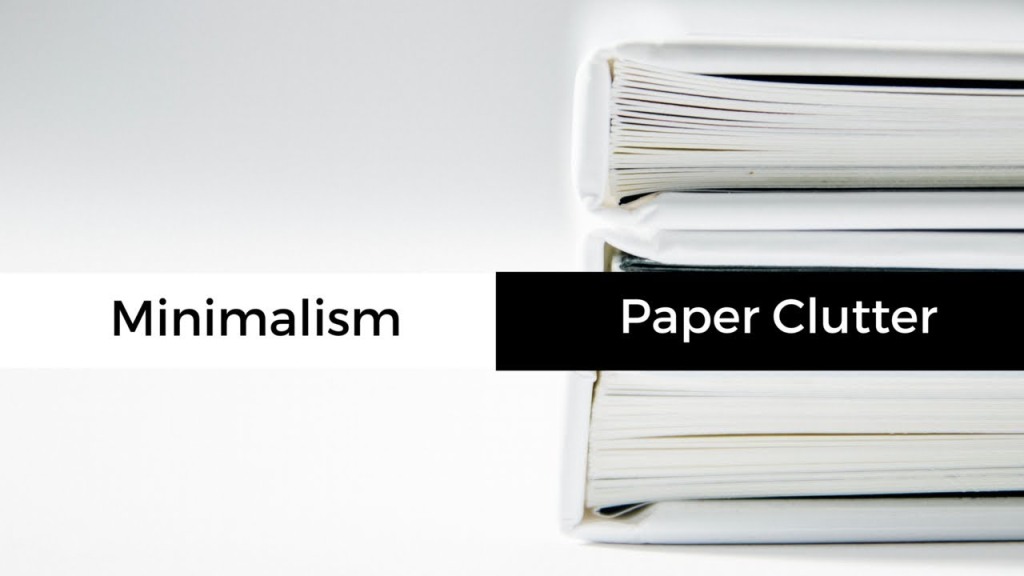
Even after you have decluttered the rest of your home you may still be left with too much paper clutter. Incoming paper is never ending, and we get more of it every day, so it can easily pile up. Here are some ways to cut back on the clutter.
Buy a Safe & Shredder
Invest in a secure, fireproof safe. There are some documents and items you will keep such as birth certificates, marriage and divorce certificates, insurance policies, the deed to your home, tiles for your vehicles, tax information, diplomas, and other important items. A fireproof safe is a secure way to store this information.
Purchase a shredder to destroy anything confidential before disposing of it. Keep it in a convenient location and use it as you go through your daily mail and other documents you throw away.
Start With Important Documents
Go through files and documents, your wallet, purse and bookbags and shred and throw away anything that is outdated or unneeded.
Scan important documents to your computer. You can scan documents, receipts, user manuals, pictures, your children’s artwork, cards, letters and postcards and anything else that you would normally keep in a storage container. Once you have a digital copy you can often throw away the original, just be sure to back up your computer regularly and store the backup and the documents you need to keep in your safe and shred anything confidential before you throw it away.
Purge the Paper
Go through all the paper clutter and throw away or recycle what you no longer need, old newspapers and magazines, takeout menu’s, flyers, greeting cards, receipts, junk mail, old manuals and your children’s old school documents.
Deal with Mail Daily
Go through your mail daily and take care of it at that time, respond to or deal with important correspondences, shred and throw away what you don’t need. Don’t allow stacks of paper to accumulate, it is much easier to deal with it as it comes in instead of allowing it to pile up.
Go Online
Identity theft is at an all time high. According to the Federal Trade Commission (FTC) so far this year (2024) they have received 5.7 million total fraud and identity theft reports.
Discarded documents can lead to identity theft. What we throw away or pass to others can be stolen and used by criminals. Mailbox theft and postal worker robberies are far too common. You can reduce the risk by limiting what you send and receive in the mail.
Sign up for online services through your bank, investment firms, utility companies, mortgage companies and other institutions you do business with. Choose to receive your statements and other documents digitally and pay your bills online, have your paychecks and other deposits done electronically. Doing this can eliminate most of the paper documents you receive. When you pay your bills and receive your statements online and use other online services you have access to that information from anywhere. This is useful when you need to retrieve that information at home and away from home. Always use a secure, unique password for every website and enable multifactor authentication to protect your data.